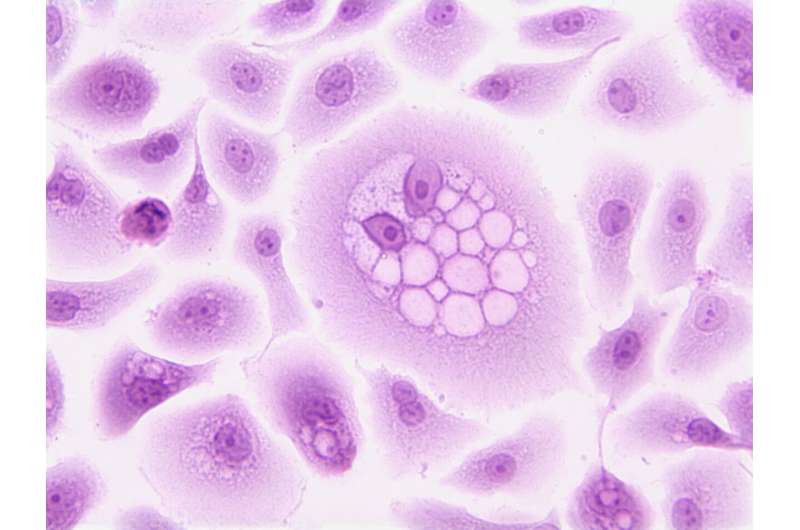Study Finds Increased Hospitalizations and Reduced Hospice Use in Patients Near End of Life Receiving Anti-Cancer Treatments

Research shows that cancer patients receiving aggressive treatments near death are hospitalized more often and less likely to access hospice care, impacting quality of life.
Recent research conducted by the University of Texas MD Anderson Cancer Center highlights a concerning trend in end-of-life cancer care. The study reveals that patients who undergo systemic anti-cancer therapies—such as chemotherapy, immunotherapy, or targeted treatments—closer to death are significantly more prone to hospitalization, intensive care admissions, and emergency department visits within the last 30 days of life. Conversely, these patients are less likely to access hospice services, which are essential for providing comfort and support in terminal stages.
The analysis, which utilized data from over 315,000 older adults with various cancers from the SEER Medicare database (2015-2020), showed that receiving cancer treatment near the end of life increases the likelihood of emergency room visits by threefold, hospital stays by 2.6 times, and ICU admissions by 1.8 times. Additionally, there is a higher chance of dying in the hospital and a lower probability of utilizing hospice care.
This pattern was consistent across different types of systemic therapies, emphasizing a broad issue in current end-of-life care practices. Dr. Kerin Adelson, chief quality and value officer at MD Anderson, commented that the overuse of aggressive cancer treatments late in life can cause significant harm. It often results in a more medicalized death—marked by unnecessary interventions, hospital stays, and out-of-home death locations—detracting from quality of life and emotional well-being for patients and their families.
The findings suggest the need for policy reforms and enhanced communication strategies to align treatment decisions more closely with patients’ wishes and quality of life goals. MD Anderson has made strides in reducing chemotherapy overutilization by promoting conversations about prognosis and end-of-life preferences, which is vital for providing compassionate, patient-centered care. Overall, this research underscores the importance of considering less aggressive, more supportive options in end-of-life cancer care.
Source: https://medicalxpress.com/news/2025-09-patients-anti-cancer-treatment-life.html
Stay Updated with Mia's Feed
Get the latest health & wellness insights delivered straight to your inbox.
Related Articles
Middle-Aged Women and the Link Between Excessive Daytime Sleepiness and Mortality
Recent research reveals a link between excessive daytime sleepiness and increased mortality risk in middle-aged women, highlighting the importance of sleep health assessments during this critical period.
Herpes Virus Engineered to Fight Advanced Melanoma Shows Promising Results
A groundbreaking study demonstrates that a genetically engineered herpes simplex virus shows promising results in treating advanced melanoma, especially those resistant to immunotherapy, offering new hope for patients worldwide.
Post-Treatment Weight Rebound in Patients Using Anti-Obesity Medications
A new meta-analysis reveals that weight loss achieved through anti-obesity medications often diminishes within weeks after stopping treatment, highlighting the need for sustained weight management strategies.
Natural Plant-Derived Compound Enhances Treatment of Aggressive Leukemia and Boosts Chemotherapy Effectiveness
A groundbreaking study reveals that forskolin, a natural compound from plants, can inhibit leukemia growth and amplify chemotherapy effects, offering hope for improved AML treatments with fewer side effects.



